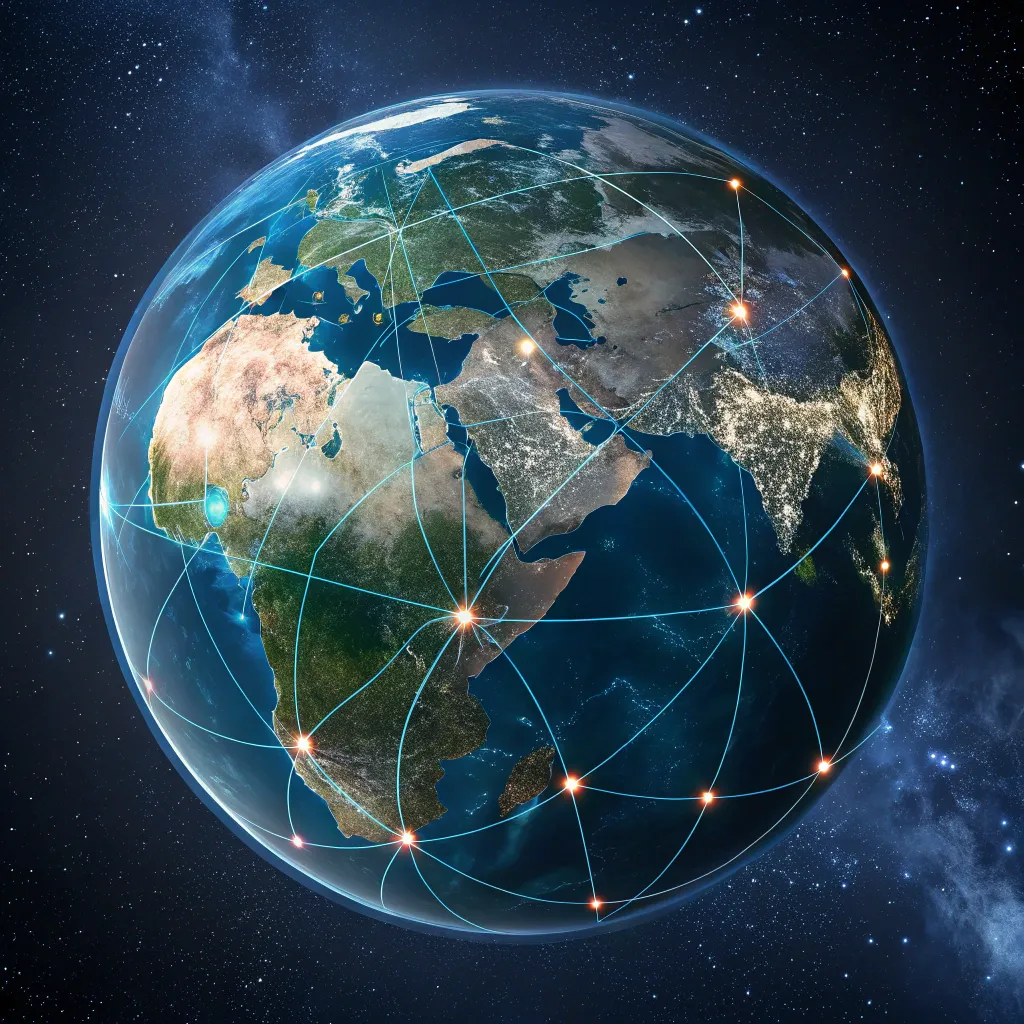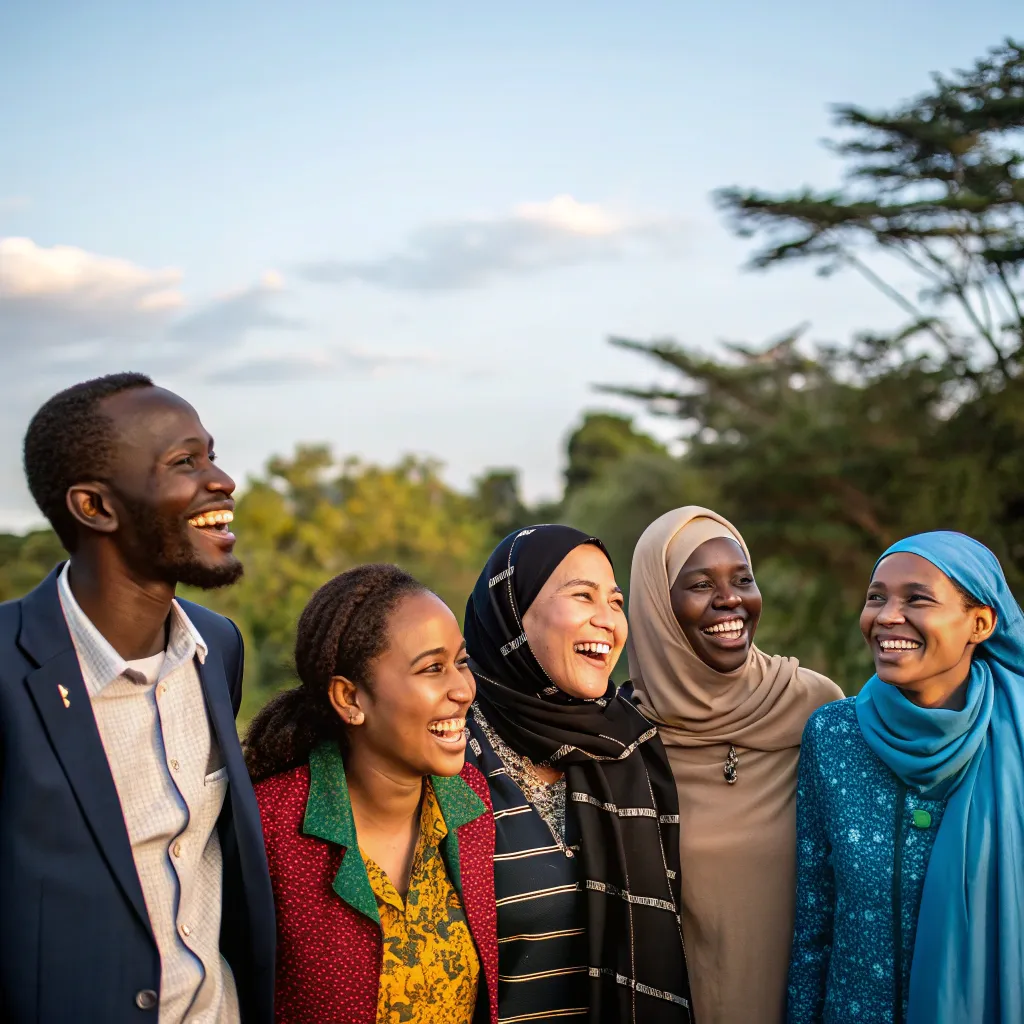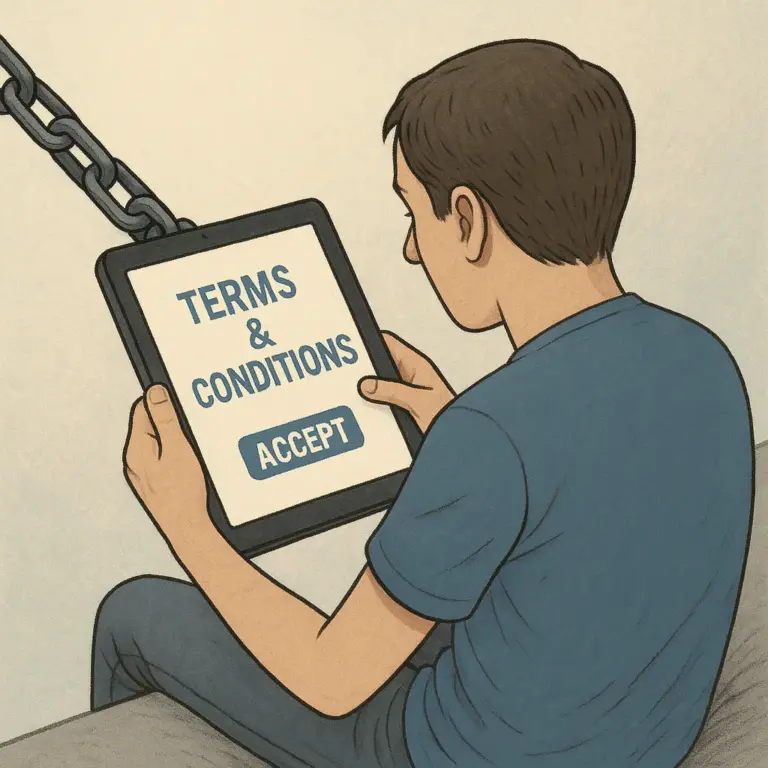Protecting the Future of an Open and Free Internet

In 2025, the United Nations launched a groundbreaking initiative: recognizing the Internet as a global public good. Backed by a coalition of countries across continents, this movement addresses growing concerns over monopolization, restricted access, and censorship in the digital space.
Why This Matters
The Internet was created as a tool for free exchange of knowledge and ideas. Today, that freedom faces critical threats:
- Increased traffic control by certain governments
- Corporate manipulation of online information flows
- Expansion of censorship under the guise of cybersecurity or fake news prevention
The new UN initiative aims to restore and protect the Internet’s founding principles.
What the Global Digital Rights Charter Proposes
The proposed Charter of Digital Rights outlines five core commitments:
- Universal Internet Access
Everyone, regardless of nationality, income, or beliefs, must have free and equal access. - Protection Against Monopolies
Safeguards to prevent domination by corporations or individual states. - Freedom of Expression
Guaranteeing a digital space free from censorship and fear. - Transparency in Algorithms
Ensuring information is not secretly manipulated or distorted. - Internet as a Pillar of Democracy
Acknowledging the Internet’s role in sustainable development and modern governance.
Global Support for an Open Internet
Leading nations supporting the initiative include:
India | Brazil | South Africa | Ireland
New Zealand | Kenya | Malaysia | Argentina

They invite all countries to join the movement for a fairer digital future.
Key Points of the Digital Rights Charter
| Principle | Description |
|---|---|
| Free Internet Access | No shutdowns or censorship without international legal review |
| Data Protection | Transparent data collection and storage practices |
| Anti-Monopoly Measures | Oversight of digital market concentration |
| Network Neutrality | Equal treatment of all data flows |
| Open Knowledge Access | Support for open-source technologies and educational platforms |
What’s Next?
- April 2025: First hearings and working groups launched
- November 2025: Final vote at the UN General Assembly
A majority approval could mark a historic step towards a free, democratic, and inclusive Internet for all.



